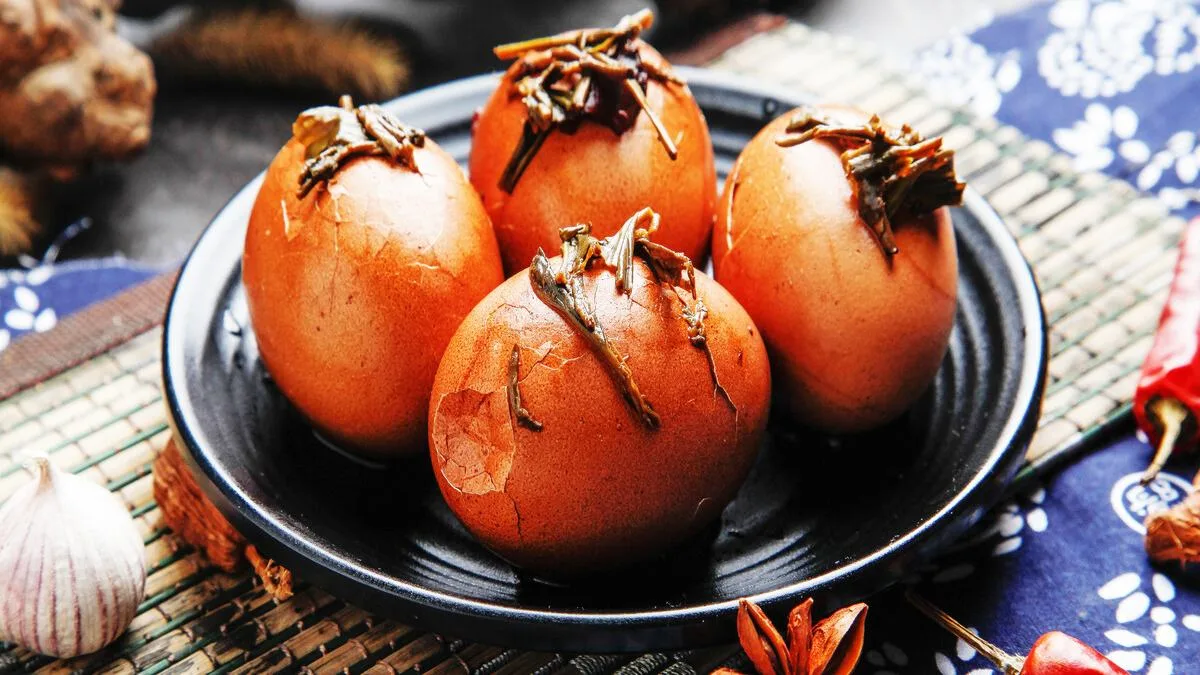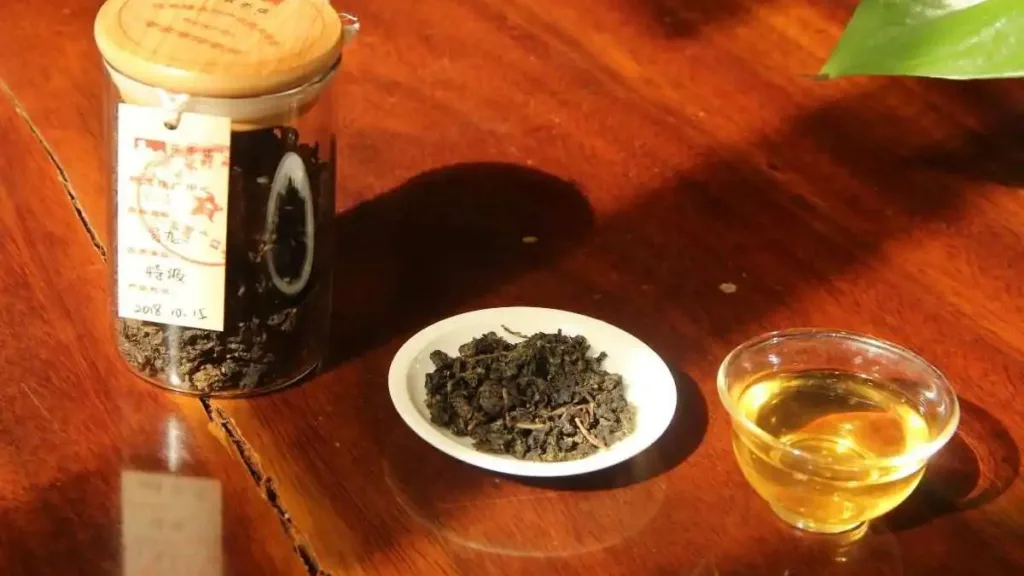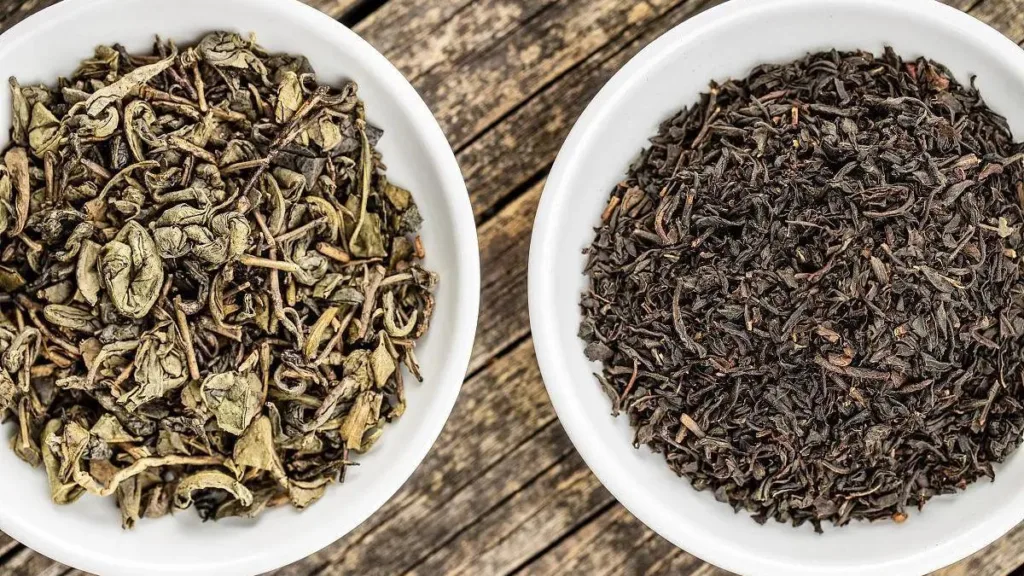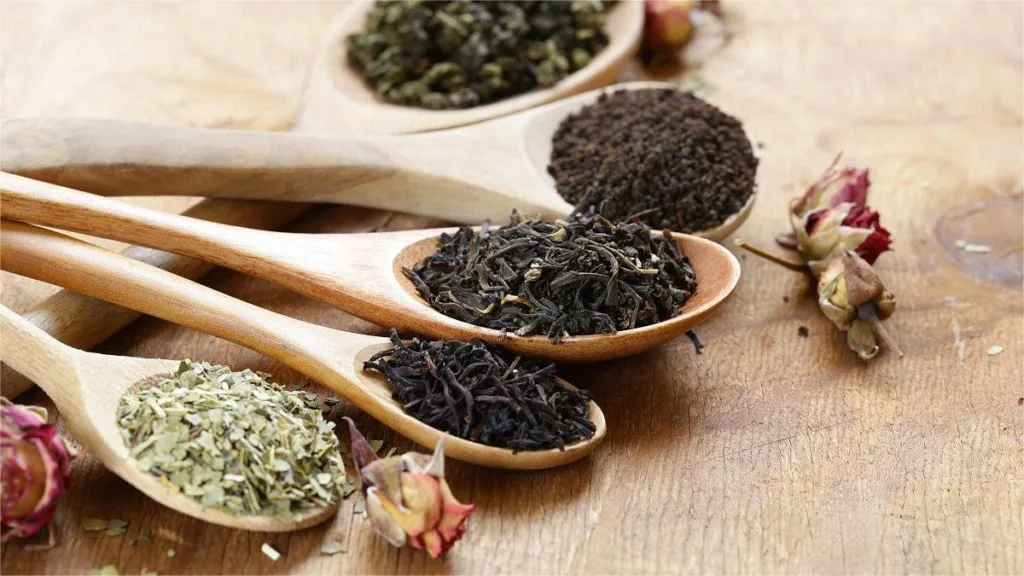Chinese tea eggs, also known as “茶叶蛋” (cháyè dàn) in Mandarin, are a popular and traditional snack in China. They are a delightful fusion of hard-boiled eggs and the flavors of tea, herbs, and spices. Tea eggs are a beloved street food found in many regions of China, and they are known for their simplicity, portability, and affordability. You can often find them being sold at train stations, on street corners, and in bustling areas frequented by tourists and locals alike. These flavorful eggs can be enjoyed as a snack or a quick meal, making them both practical and enjoyable.
History: The exact origins of tea eggs are challenging to trace, as they have been a part of Chinese culinary traditions for many generations. This humble snack has quietly pervaded the streets and alleys of China, never really making its way into formal dining establishments but remaining a cherished part of everyday life.
 Method of Making: Making tea eggs may sound simple, but perfecting their flavor and texture requires some attention to detail. Here’s a basic guide on how to make them:
Method of Making: Making tea eggs may sound simple, but perfecting their flavor and texture requires some attention to detail. Here’s a basic guide on how to make them:
- Select Fresh Eggs: Begin with fresh, large chicken or duck eggs. Wash them thoroughly.
- Boil the Eggs: Place the eggs in a pot of water and bring them to a boil. Allow them to simmer until they are 80% cooked. The timing is crucial – undercooked eggs will be too soft, while overcooked eggs will become tough.
- Cool and Crack: Once the eggs are cooked to the desired point, remove them from the water and immerse them in cold water for about two minutes. Gently tap the eggshells to create small cracks all over the surface.
- Prepare the Flavoring Broth: In a separate pot, prepare a broth that includes salt, soy sauce, Sichuan peppercorns, star anise, and most importantly, tea leaves. The choice of tea is essential; opt for a tea with a robust flavor that won’t turn the broth too mild.
- Simmer the Eggs: Place the cracked eggs in the flavored broth, ensuring the liquid covers the eggs by at least a couple of inches. Simmer for an extended period, allowing the flavors to infuse into the eggs. The longer you simmer, the richer the flavor.
- Marinate: After simmering, remove the pot from heat and let the eggs marinate in the broth for at least a couple of hours. The longer they soak, the more intense the taste.
Variations and Tips:
- Some people prefer to add cola during the simmering process to introduce a subtle cola flavor to the tea eggs.
Health Benefits: Tea eggs are not only delicious but can offer some health benefits:
- Tea: The tea used in tea eggs contains caffeine, which can boost alertness and reduce fatigue. It also contains tannic acid, which may help in stroke prevention. Fluoride in tea can protect against dental issues. The antioxidants in tea, such as catechins, have various health benefits, including cancer prevention, anti-aging effects, and anti-inflammatory properties. Moderate tea consumption is generally considered good for overall health.
- Eggs: Eggs are a highly nutritious food. They are rich in amino acids, proteins, and essential micronutrients. Consuming one to two eggs a day can provide significant nutritional benefits.
Conclusion: Chinese tea eggs are not only a delectable street food but also a representation of the rich tapestry of Chinese culinary traditions. These eggs are a testament to the fusion of flavors and the depth of cultural heritage that Chinese cuisine offers. The next time you encounter a vendor selling tea eggs in a bustling Chinese market, you’ll not only enjoy a delicious snack but also connect with a piece of China’s culinary history.



